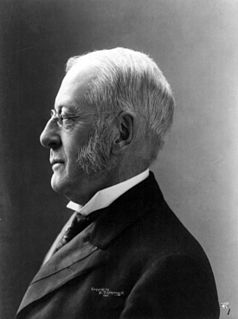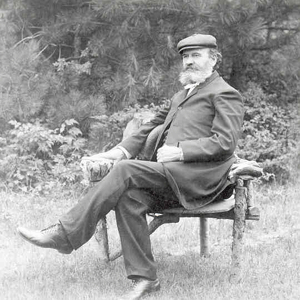A Quote by Samuel Hopkins
God saw fit, for wise reasons to allow the people of Israel thus to make and possess slaves; but is this any license to us to enslave any of our fellow-men, to kill any of our fellow-men whom we please and are able to destroy, and take possession of their estates?
Related Quotes
We will not submit to have our own money taken out of our pockets without our consent; because if any man or any set of men take from us without our consent or that of our representatives one shilling in the pound we have not security for the remaining nineteen. We owe to our mother country the duty of subjects but will not pay her the submission of slaves.
[Mr. Gifford] made it much his business to deliver the people of God from all those false and unsound rests that by nature we are prone to make and take to our souls. He pressed us to take special heed that we took not up any truth upon trust - as from this or that, or any other man or men - but to cry mightily to God that He would convince us of the reality thereof, and set us down therein by his own Spirit in the holy word.
We mast show by our behavior that we believe in equality and justice and that our religion teaches faith and love and charity to our fellow men. Here is where each of us has a job to do that must be done at home, because we can lose the battle on the soil of the United States just as surely as we can lose it in any one of the countries of the world.
Men expect that religion should cost them no pains, that happiness should drop into their laps without any design and endeavor on their part, and that, after they have done what they please while they live, God should snatch them up to heaven when they die. But though the commandments of God be not grievous, yet it is fit to let men know that they are not thus easy.
Also our fellow competitors, who are indeed the people just mentioned - we do not compete with men who lived a hundred centuries ago, or those yet not born, or the dead, or those who dwell near the Pillars of Hercules, or those whom, in our opinion or that of others, we take to be far below us or far above us. So too we compete with those who follow the same ends as ourselves; we compete with our rivals in sport or in love, and generally with those who are after the same things; and it is therefore these whom we are bound to envy beyond all others. Hence the saying.






































